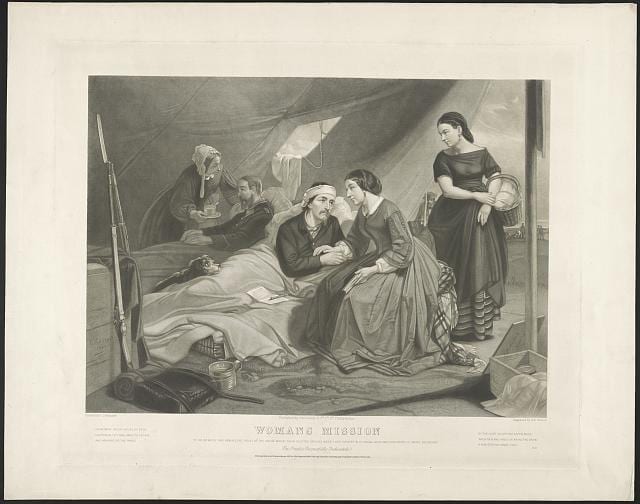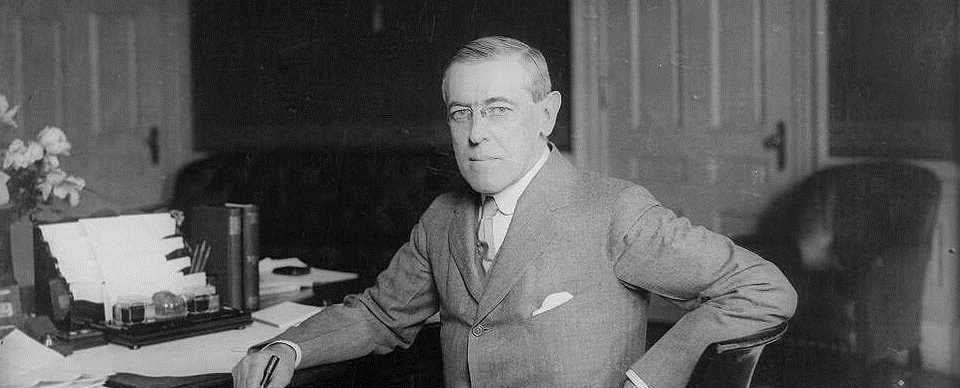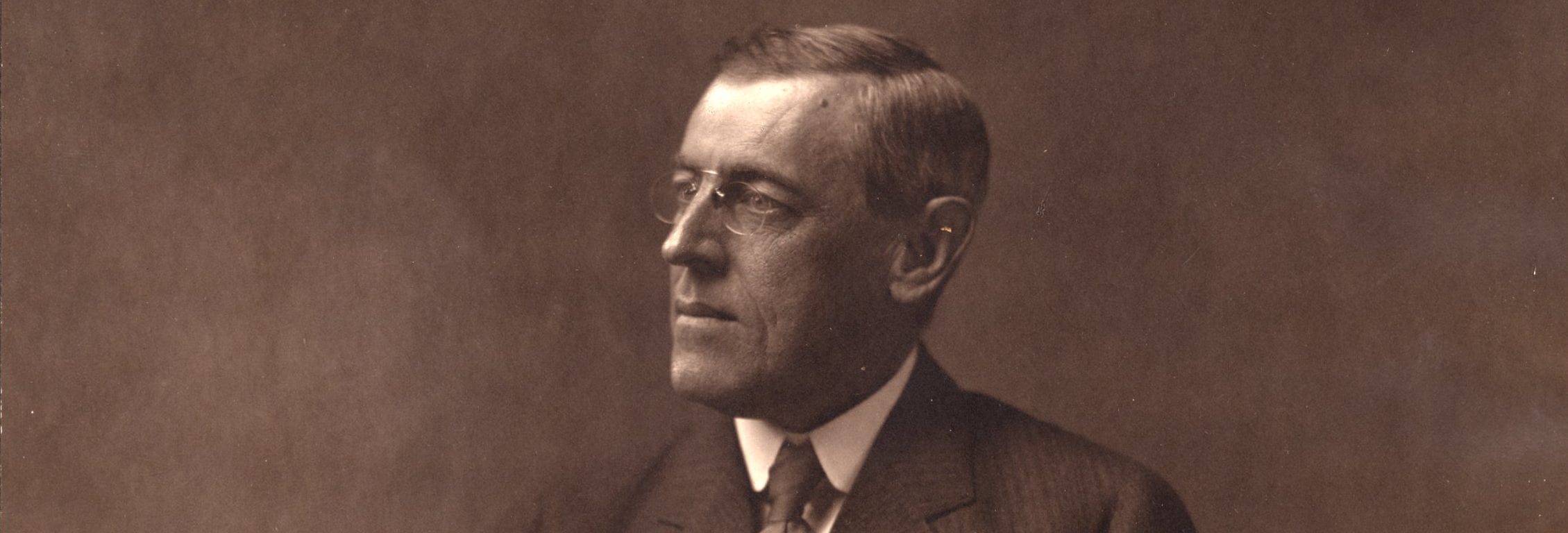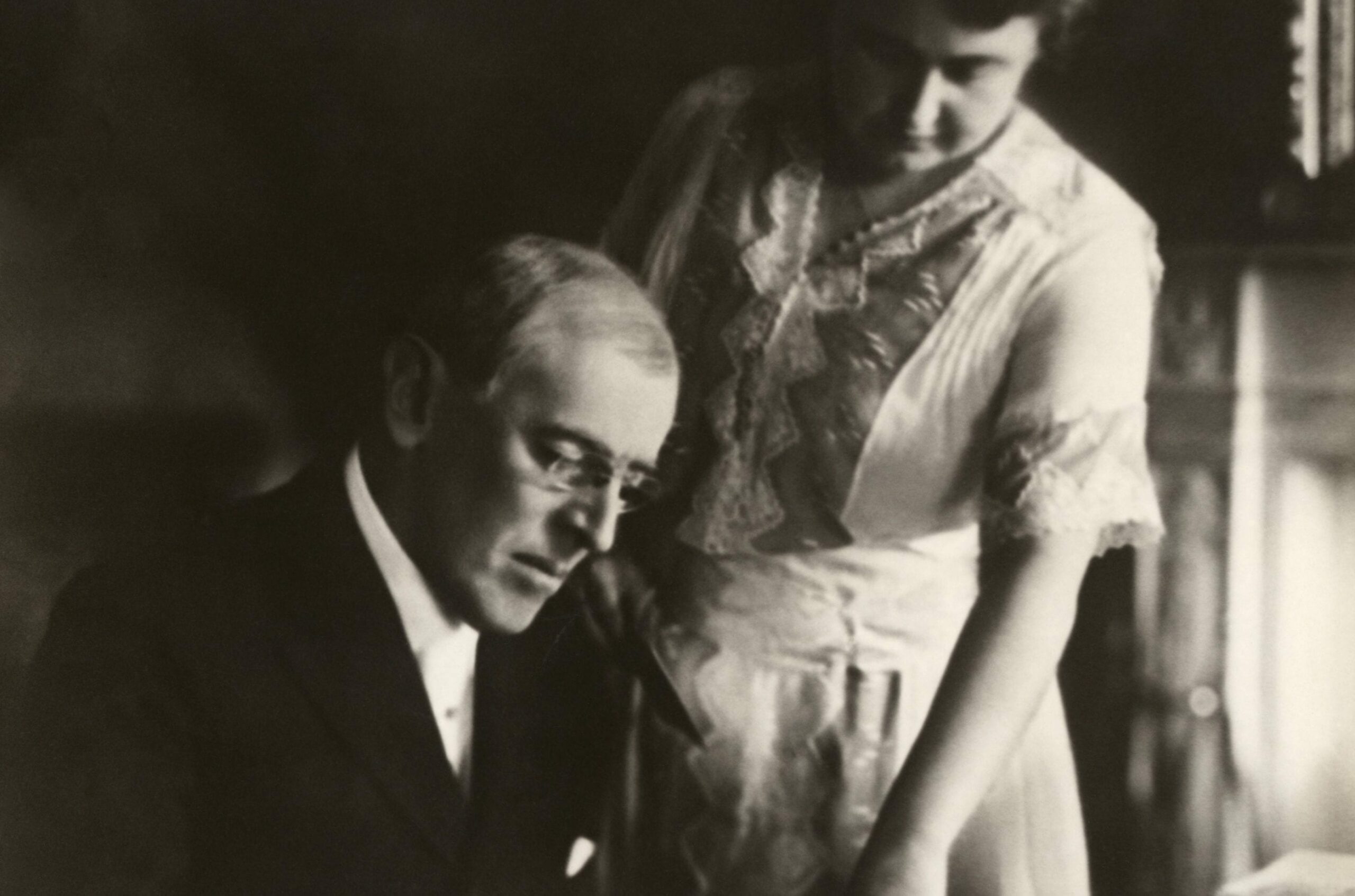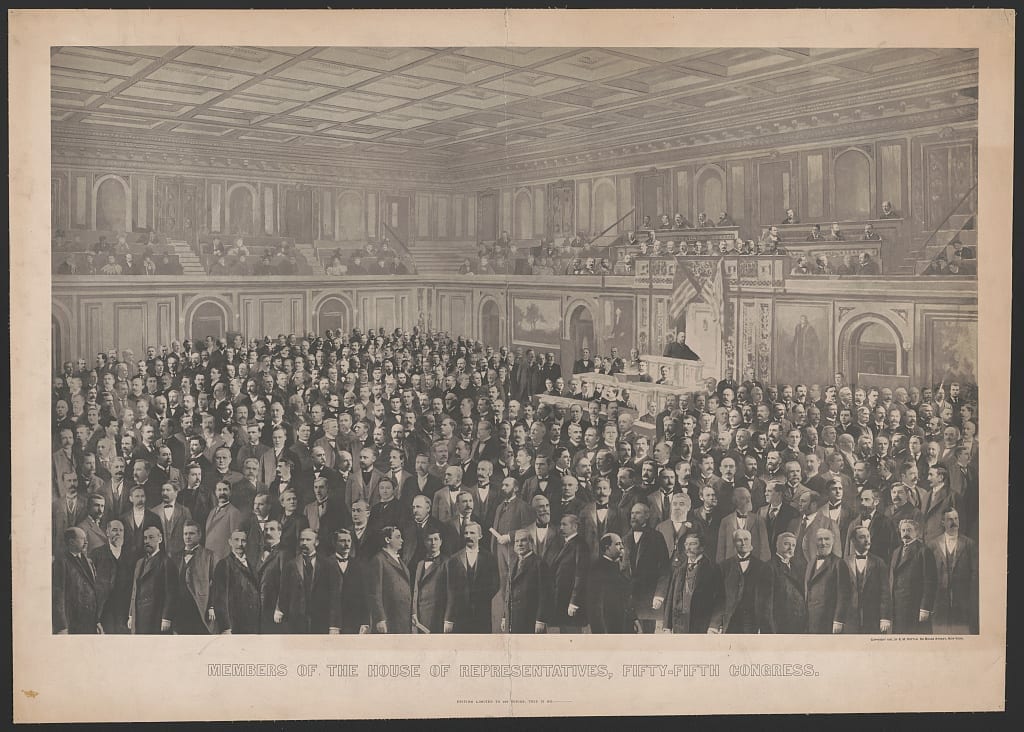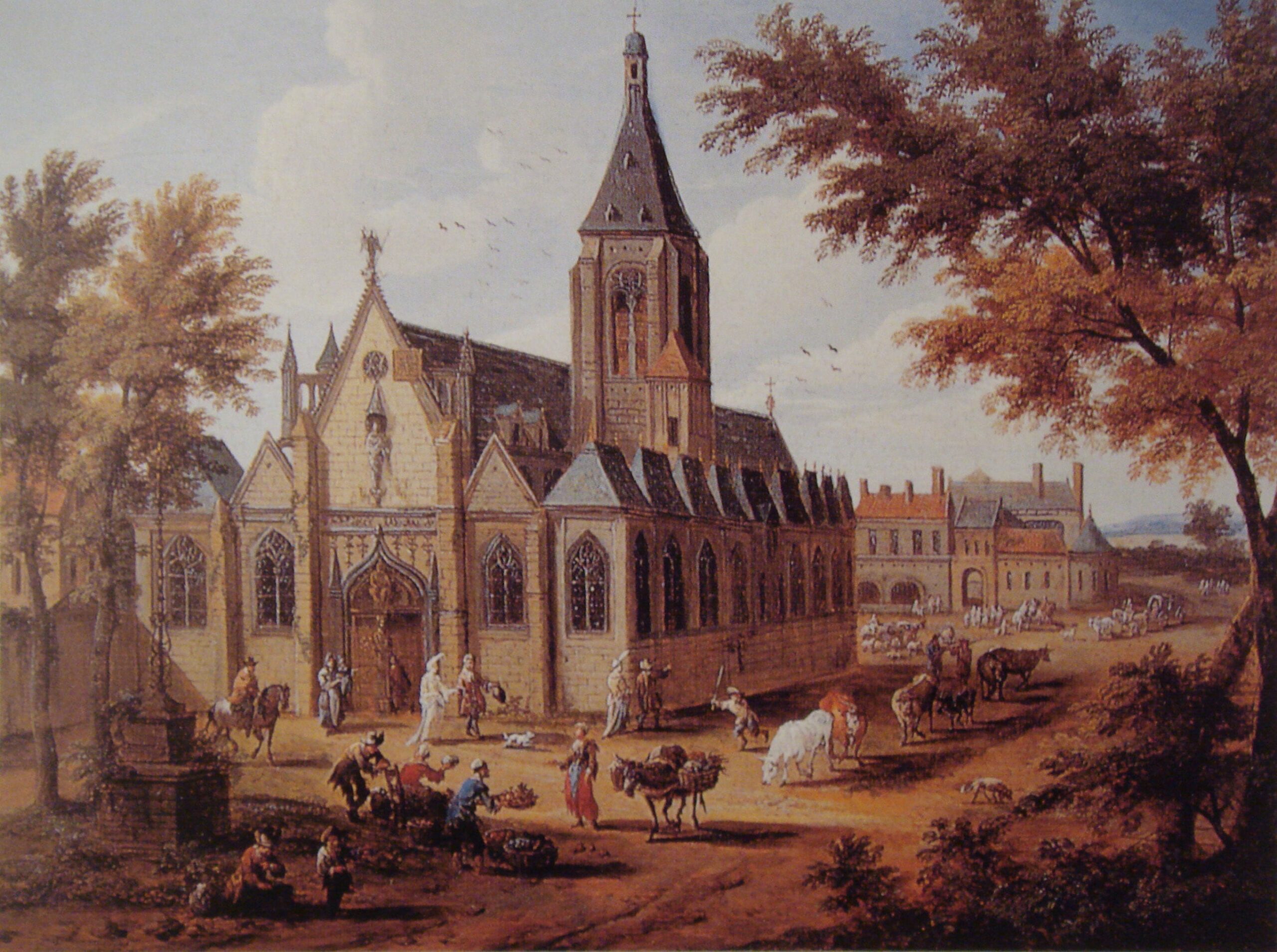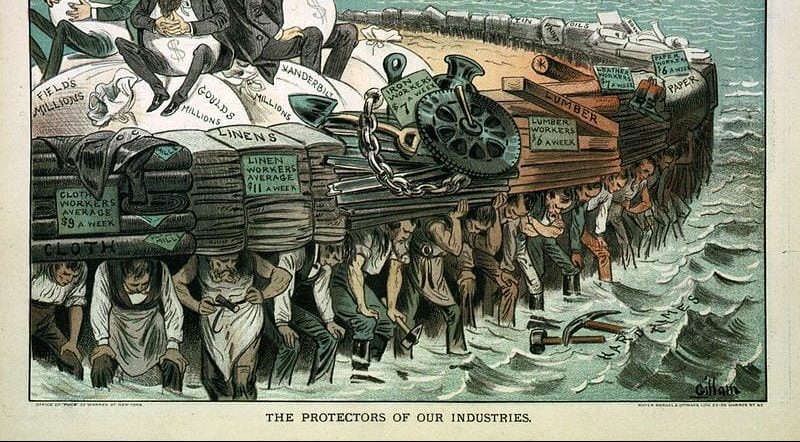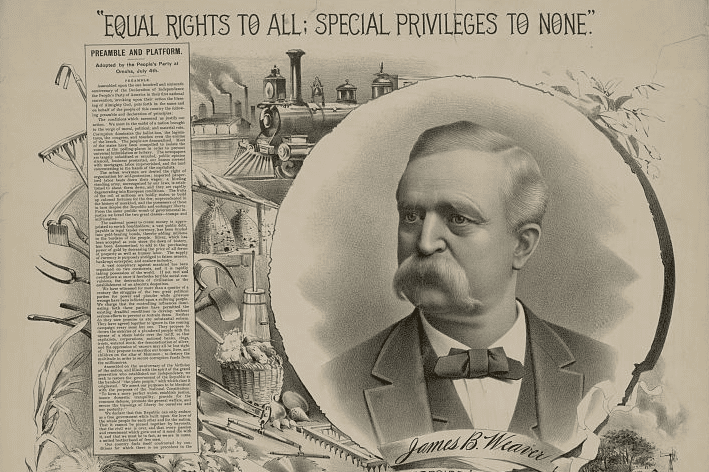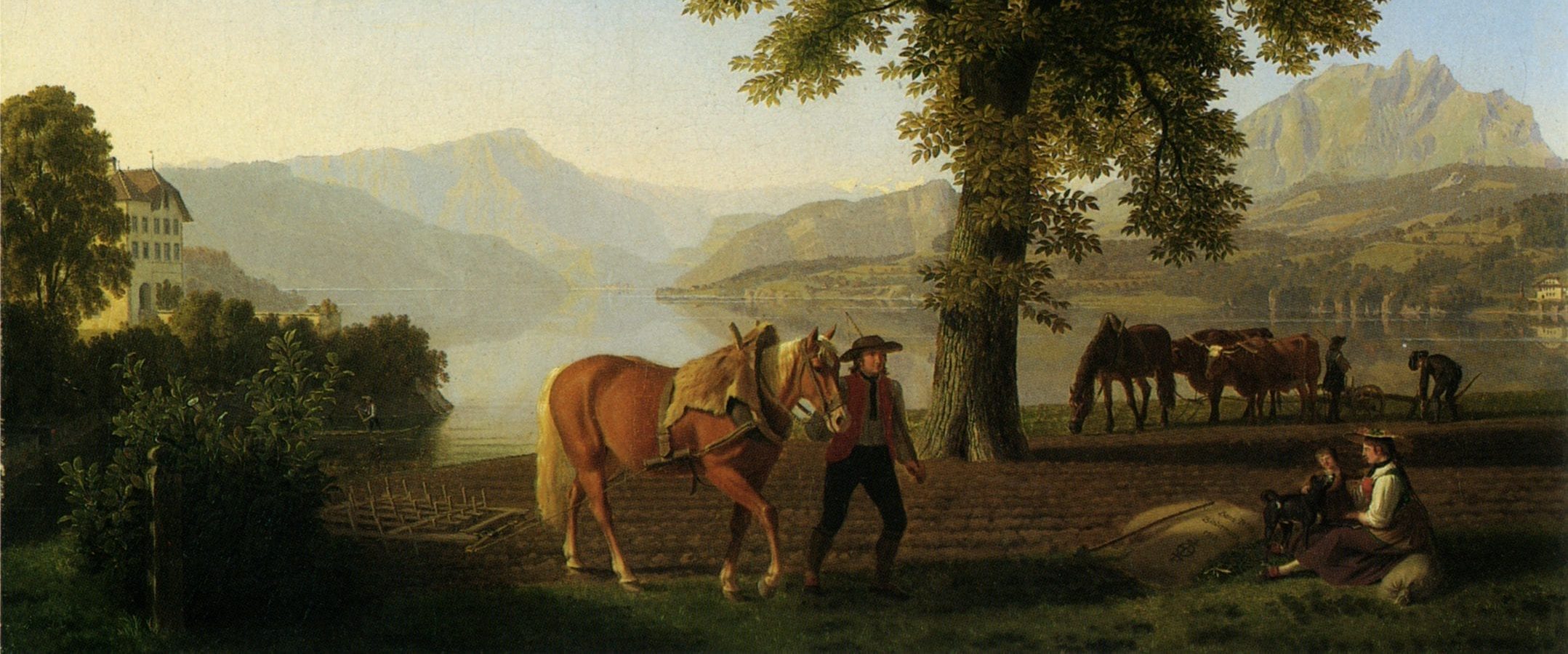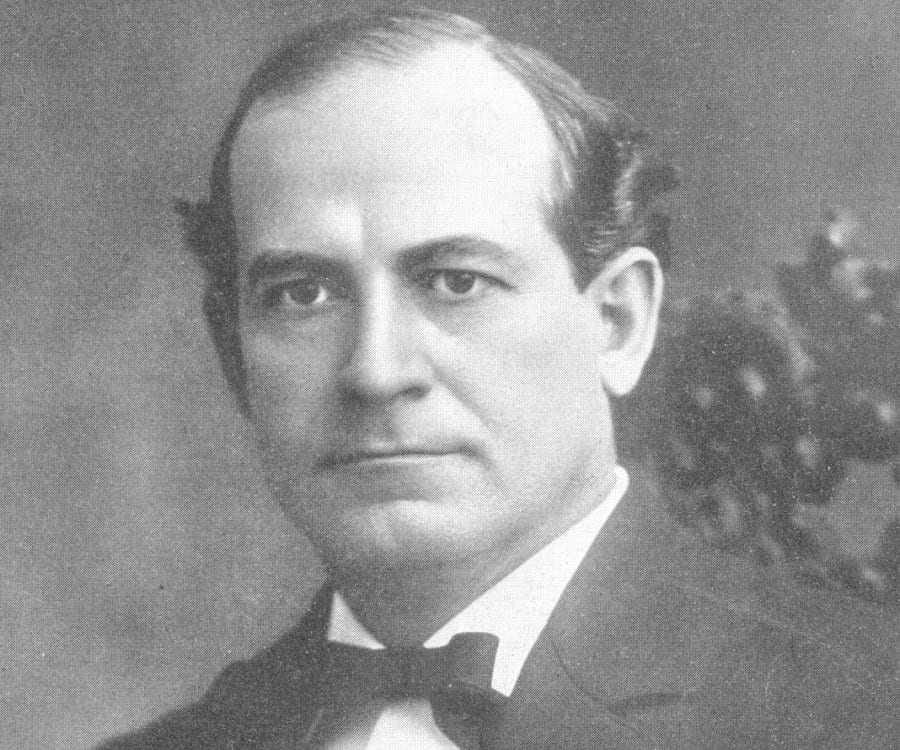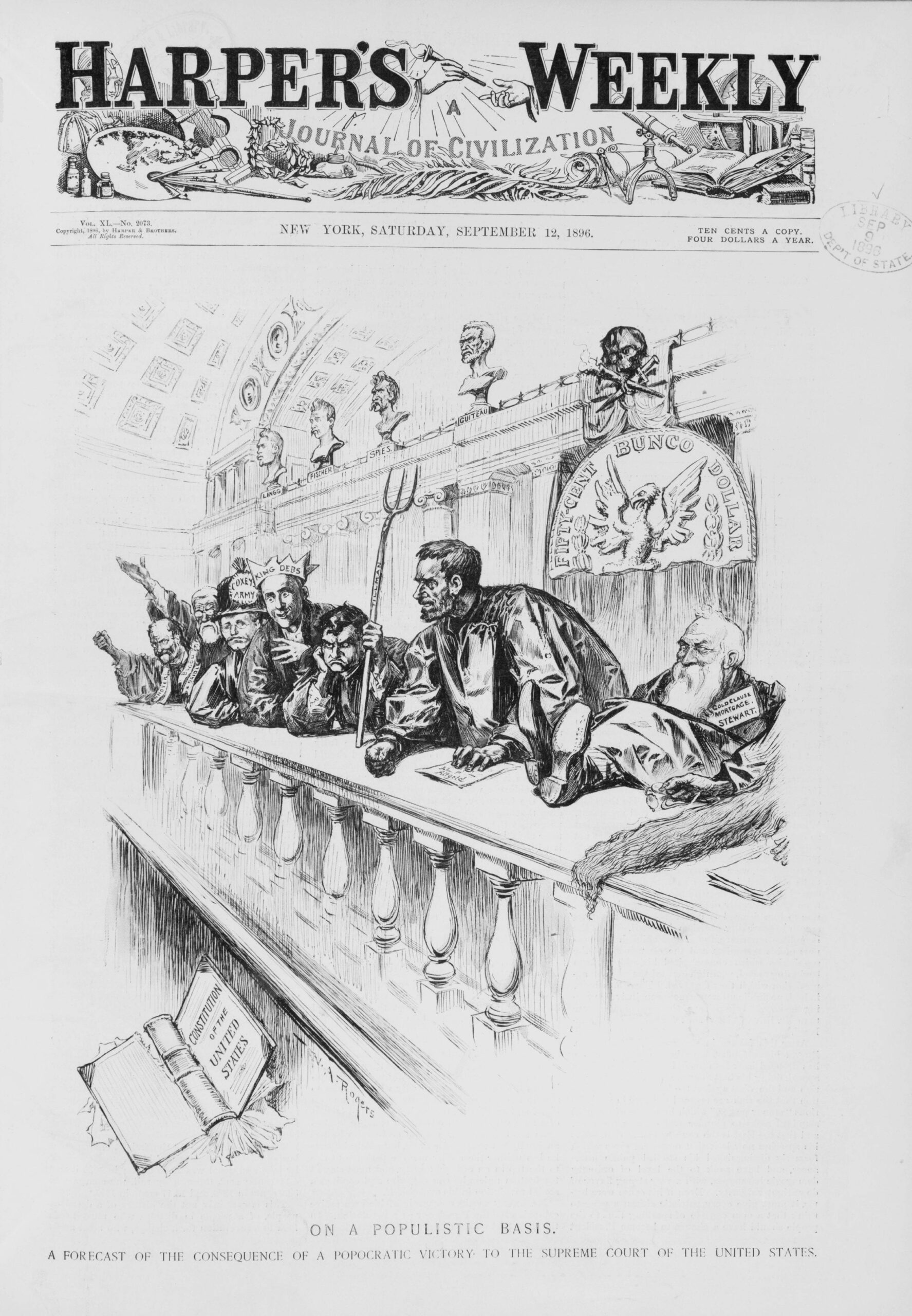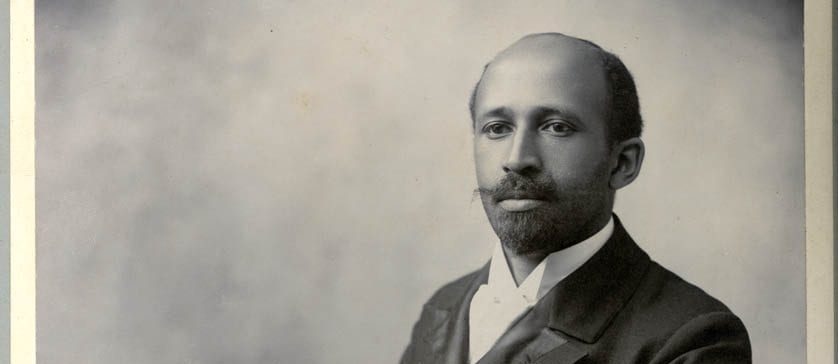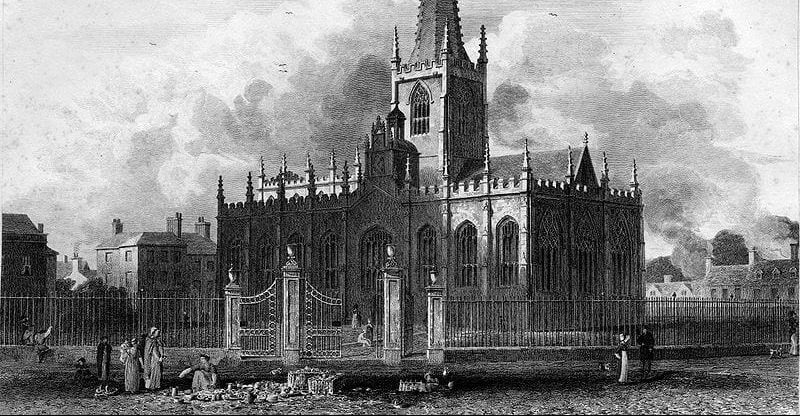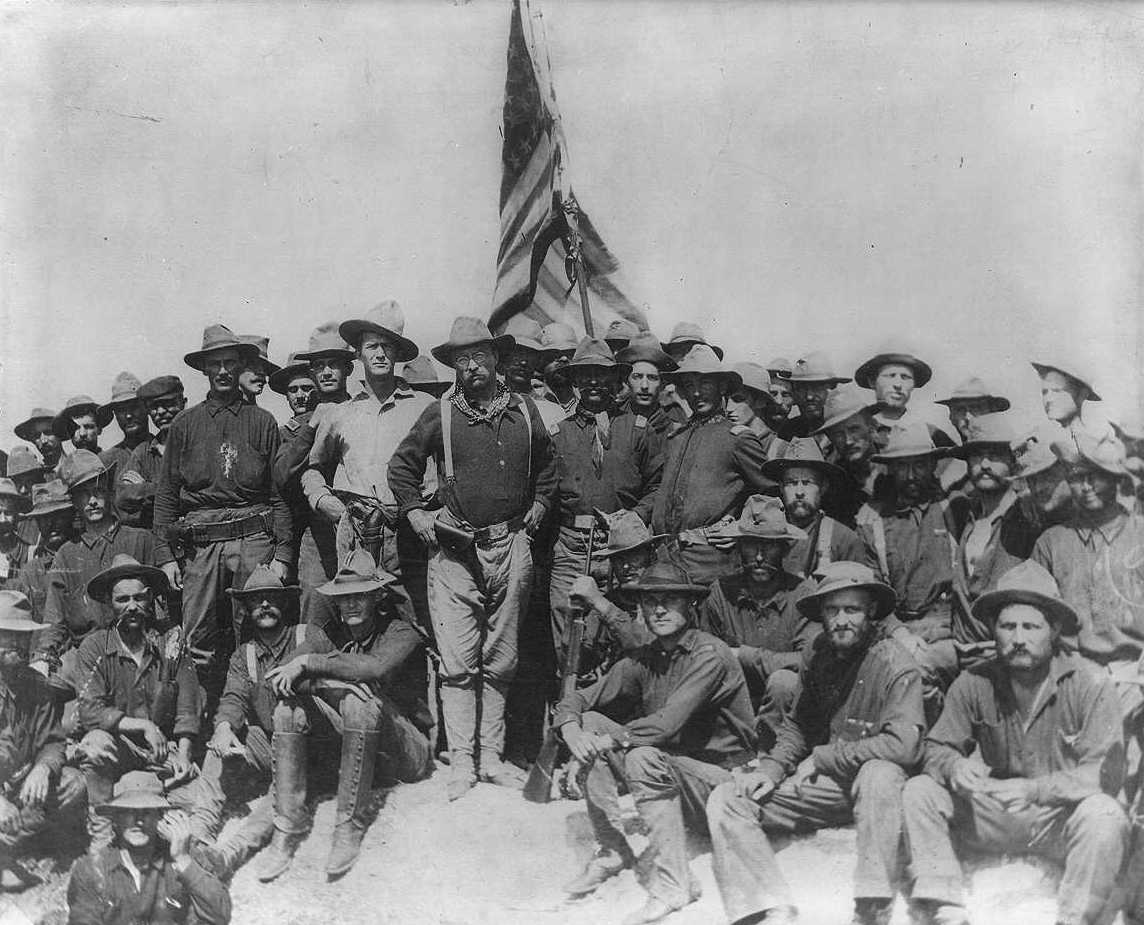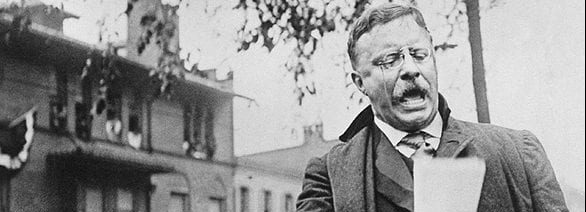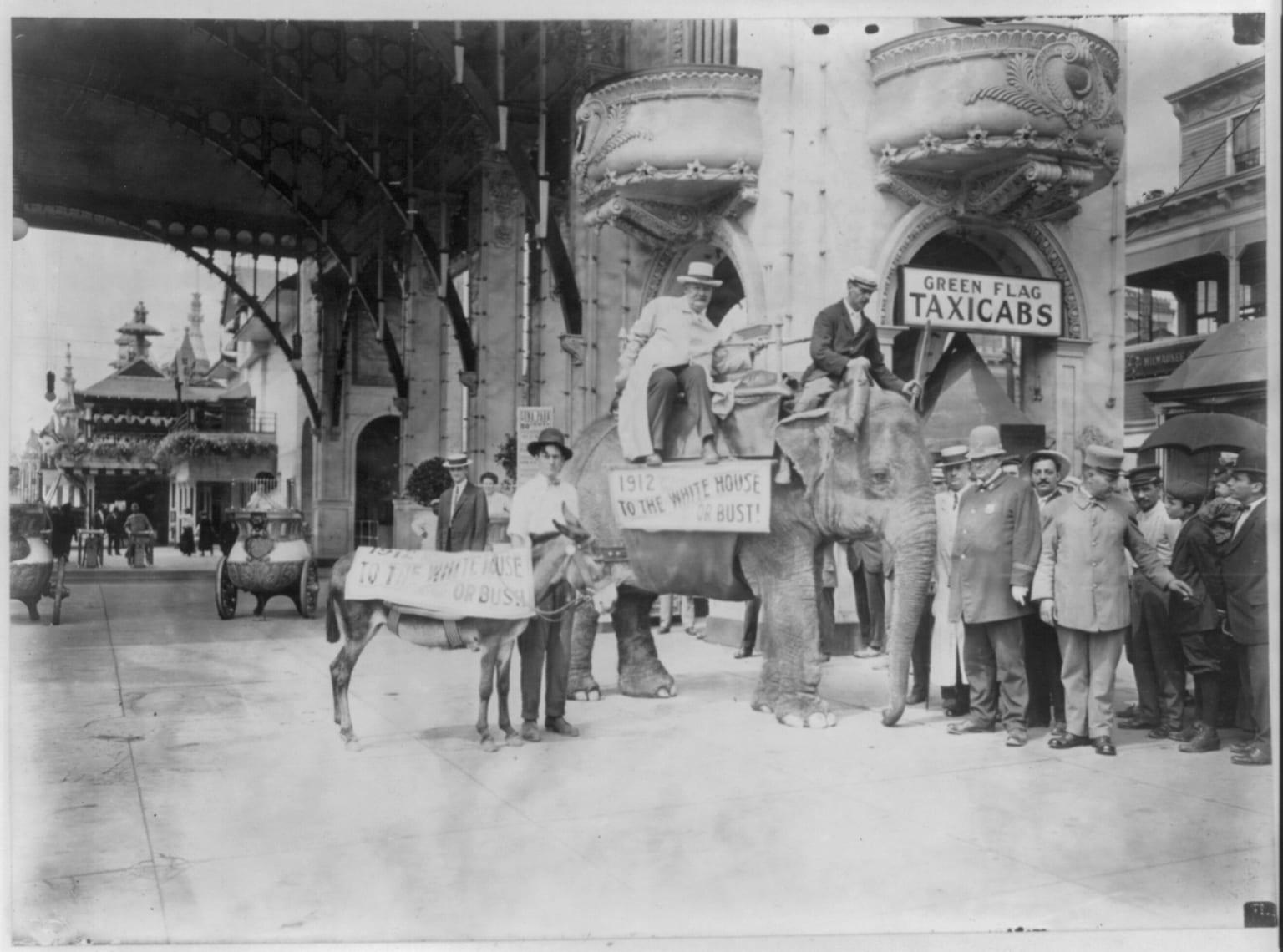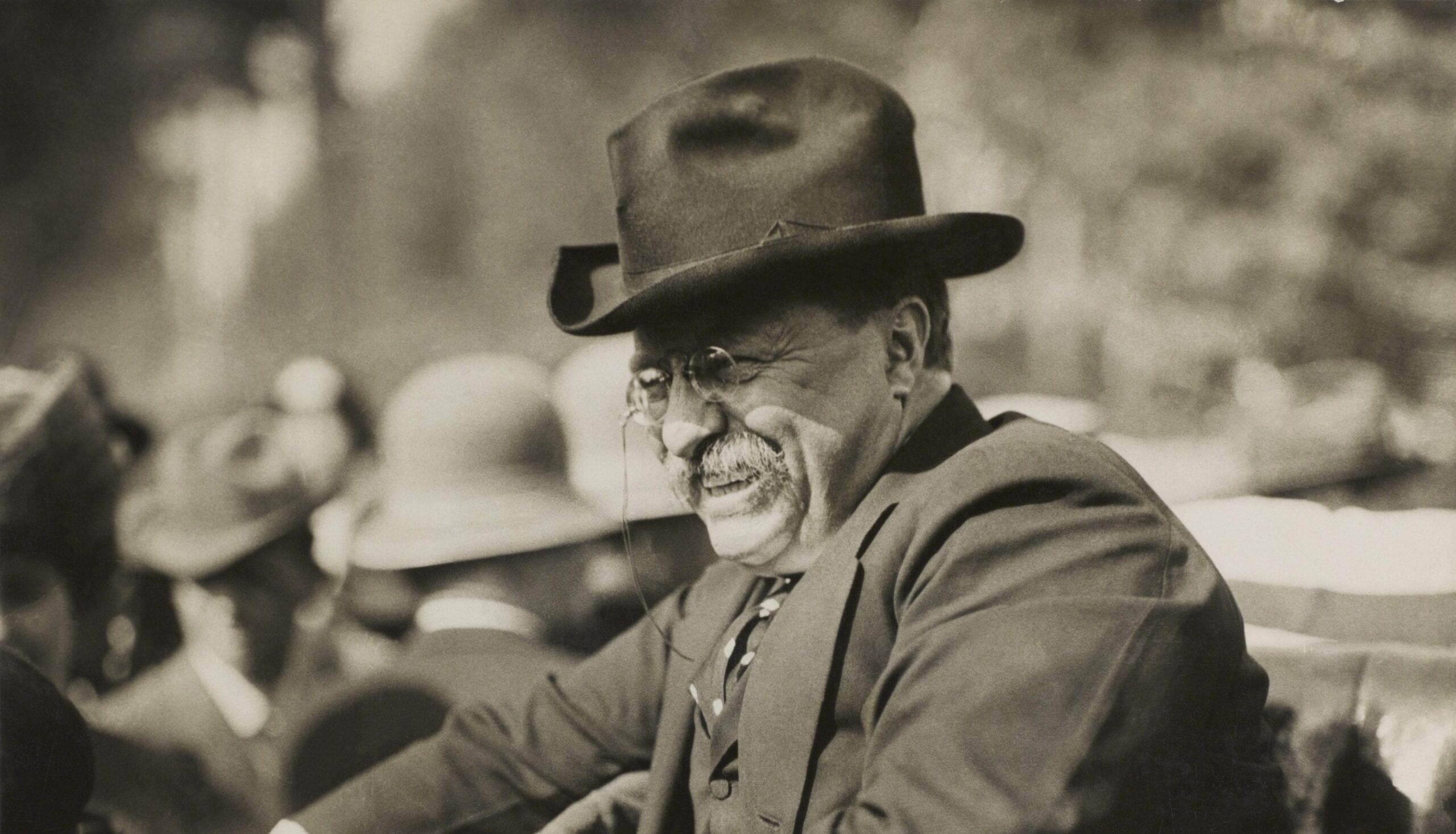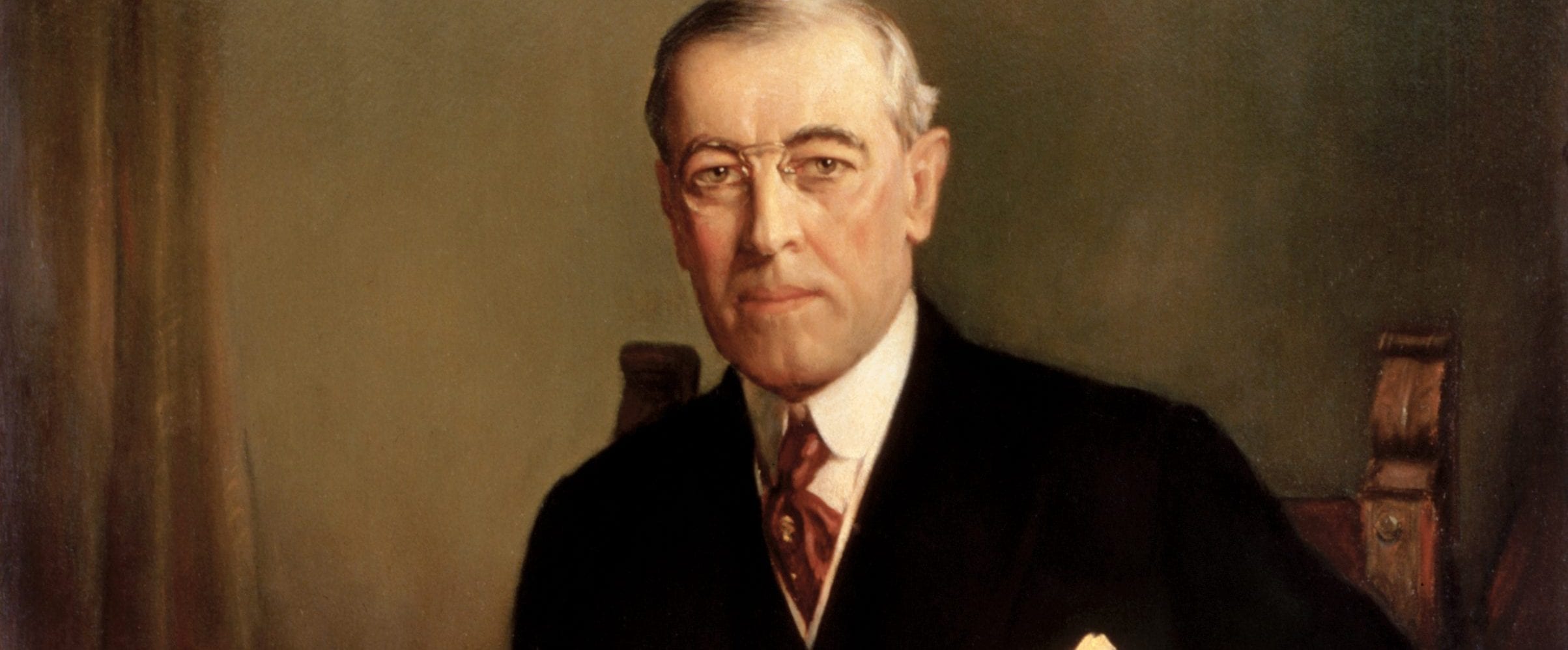
No related resources
Introduction
A figure now mostly forgotten outside the circles of academic specialists, Albion W. Tourgée (1838–1905) was a prominent judge, a best-selling novelist, and, excepting only Frederick Douglass, the leading equal rights advocate in post-Reconstruction America. Radicalized by his experience as a soldier in the Union army, Tourgée devoted the rest of his life to serving the Union cause as he conceived it.
Thrice wounded in two tours of duty, Tourgée returned home to Ohio to complete his study of law. After the war ended, he moved south to help effectuate a new birth of freedom in the ex-Confederate states. He settled near Greensboro, North Carolina, and in 1868 served as a delegate to the convention framing the state’s new constitution. Shortly thereafter he was appointed state superior court judge, in which office he battled the Ku Klux Klan. Over time, those battles, along with his frustrations at the failures of Reconstruction, took their toll; Tourgée left North Carolina in 1879, relocating to western New York.
That same year he published A Fool’s Errand (1879), a lightly fictionalized account of his experiences that became a best-seller. All told, he would publish fifteen books in the next thirteen years. He continued his agitation for interracial equality also in his work as a weekly editorial columnist for the Chicago Inter-Ocean, and he served as lead counsel for Homer Plessy in Plessy v. Ferguson. Although he failed to persuade the Supreme Court majority of the merits of Plessy’s claim, Tourgée influenced Justice Harlan’s famous dissenting opinion by contending, in his brief for the plaintiff, that as “Justice is pictured blind . . . her daughter, the Law, ought at least to be color-blind.”
Two months after his death in 1905, the leadership of the Niagara movement, the precursor to the NAACP, resolved to sponsor a memorial honoring three preeminent friends of the cause of equal rights and freedom for all: William Lloyd Garrison, Frederick Douglass, and Albion Tourgée.
Tourgée’s book An Appeal to Caesar (1884) grew out of a White House conversation between the author and his boyhood friend, the newly elected president James A. Garfield. The conversation concerned the failure of Reconstruction-era legislation and the primary available remedy, which, in Tourgée’s opinion, centered on federally supported education for the victims (white as well as black) of slavery. Tourgée had promised the president he would produce a book of analysis and advice on the subject. With this book he made good on his promise, but because Garfield was assassinated only four months into his presidency, Tourgée was forced to readdress the appeal alluded to in the title—no longer “to the dear, dead Caesar. . . but to that other and greater Caesar. . . the AMERICAN PEOPLE.” He considered the sovereign people to be “that Caesar who alone hath power to compel action on the part of our legislators.”
Source: Albion Tourgée, An Appeal to Caesar (New York: Fords, Howard, and Hulbert, 1884), 68–69, 71–72, 74, 309–13; available at https://www.google.com/books/edition/An_Appeal_to_Caesar/qsMxAQAAMAAJ?hl=en&gbpv=1.
The failure of the Reconstruction Acts to accomplish the results which their authors anticipated from their operation must be admitted by everyone. Misrule and violence were their first fruits. The control of the majority was only less shameful than the organized violence by which the minority sought to regain the power which had been wrested from them by the elevation of the freedman to the rank of the citizen.1
The responsibility for this failure rests entirely with the people and the statesmen of the North. . . .The work of reconstruction was purely and solely the task of northern legislators. That the South—that is, the elements that constituted “the South” before the struggle culminated in war—did not cooperate willingly in carrying it into effect was only what should have been expected.2 It was one of the elements of the problem which our statesmen had set themselves to solve. Resistance, apathy, every possible species of obstruction should have been foreseen and provided for. The duty which devolved upon the people and legislators of “the North” at the close of the war was the obliteration of those differences which had so long separated the two peoples. The task which devolved upon the victor was to unify the nation in spirit as well as in form. . . .
. . .In order to assimilate the structure of southern society to the model of northern life it seemed necessary to do two things: 1st to make the slave a free man, and 2nd to make the freed man a citizen. The first was very easily done. A few lines up on the statute book, an executive proclamation, a constitutional amendment: perhaps no one of them was of itself entirely sufficient, but certainly all of them were enough to accomplish what the triumph of northern arms had already made inevitable. The other, the elevation of the recent slave to the plane of citizenship, was a far more difficult and complicated matter. To accomplish this, three things were necessary: first, to clothe the freedman with the right to exercise the privileges of citizenship; second, to assure to him the opportunity for their exercise; and third, to enable him to apprehend and rightly to perform the duties of the citizen. Perhaps the last should have come first. . . .Those who framed the reconstructionary legislation and exulted in what they had done, seem not to have accounted this element of citizenship of any importance whatever. The fact that a man was free and had the abstract right to enjoy and exercise the privileges of the citizen seemed to be thought all that was necessary to transform a million of unlettered slaves into an equal number of self-governing citizens to whom
the power of the ballot might safely be entrusted. . . .
. . .In an instant we gave to a million freedmen the rights, the privileges, and the dignity of coequal citizenship with the dominant race. In the brief period of three years, from 1865 to 1868, four million people were lifted from the level of the slave to the rank of kings. Not only the privileges but the duties of government were laid upon them. They were required to legislate and to execute. They were authorized to choose and to control. Against them were arrayed the pride, the knowledge, the experience, and the wealth of the white race. A child cognizant of these facts should have foreseen the result. Yet the wisest of our legislators thought them not worthy of consideration. . . .
There are probably today in the states in the South two million white illiterates and four million colored illiterates. . . . The eagerness of at least a great majority of these to obtain knowledge can hardly be exaggerated; but however willing they may be, they can do but little. The cost of enlightening this mass of ignorance must, in the main, be supplied by someone else.
There are many cogent reasons why the greater part of the burden of educating the illiterates of the South should be undertaken and discharged by the general government for a considerable period—at least until the percentage of illiteracy shall be reduced to a point where it can readily be left to the care of the local municipalities, the individual states, and private enterprise. Some of the more potent of these reasons are the following:
- Because there is no other power or authority able to cope with so great an evil.
- Because the danger likely to result from the preponderance of ignorance threatens the peace and prosperity of the nation.
- Because there is no other manner in which the danger of conflict between the races is at all likely to be avoided.
- Because it is cheaper to enlighten ignorance than to suppress violence.
- Because we DARE not leave three-fourths of a majority in the Electoral College, the House of Representatives, and the Senate, in the hands of constituencies nearly half of whose voters cannot read the names upon their ballots.3
- Because the nation was responsible for slavery, and slavery was the cause of all that ignorance from which the present peril springs.
- Because the nation enfranchised ignorance and thereby gave it power to harm.
- Because by such enfranchisement the nation enhanced the peril which now threatens these states from the inherent antipathy of race.
- Because, by thus extending the elective franchise, the general government imposed upon the several states the burden of educating their voters at the peril not only of bad government but of violence and disaster, thereby enhancing the burden of taxation until it became too great to be borne.
- Because the nation besought the aid of the colored man in its struggle for existence and has no right to abandon him, bound with the fetters of ignorance, to his hereditary enemy.
- Because the nation promised the slave his liberty, and emancipation is but half achieved while ignorance yet confines the freedman’s soul and holds him still in impalpable bondage.
- Because the nation encouraged and supported slavery and permitted the colored man not only to be despoiled of his liberty, but to be excluded from the possibility of acquiring knowledge; and because the nation which permits such crime should be glad to offer retribution.
- Because the danger that impends from the co-occupancy of the soil by races alien to each other in tradition, development, and apparent interests results from the encouragement, protection, and favor which a free government extended to the institutions of slavery, and it is the duty of that government to assist in removing the evil which it helped to create.
- Because the nation put into the hands of the freedman the ballot and imposed upon him the duty of exercising honestly and intelligently the power thus conferred, and demanding of him a task which he was helpless to perform because of his ignorance. Common decency demands that a nation which requires a duty at the hands of the citizen should clothe him with power for its performance.
- Because the government of the United States is bound, by every consideration of honor, truth, and fidelity to its allies, to protect in the exercise of their rights as citizens that race to whose degradation she lent herself willingly for almost a century, and to whom in her hour of need she appealed for aid. Because the slave gave up his blood to maintain the liberty of the nation, the freedmen is entitled, as of the highest and holiest right, to be armed and equipped at the national expense for the struggle for liberty and equality of power which lies before him.
- Because it is a most desirable thing that the general government should be presented day by day in a beneficent and kindly aspect to the common people of those southern republics whose political beliefs have been corrupted by slavery and distorted by the dogma of “State Sovereignty” until they have come to regard the nation as a sort of hereditary enemy of the state. . . .As a Reconstructionary measure this is of prime importance, since it strikes at the very root of the evil—the disaffection of the uninformed masses.
- We do not propose to discuss any of these propositions. The man who would deny them is impervious to reason, and the nation which does not recognize them by explicit and effective action deserves all the ill which its neglect may entail upon its future.
- 1. Whom Tourgée meant by “the majority” and “the minority” is not clear. The context suggests that the “majority” signifies the Republican majority responsible for federal action, and the “minority” the southern white population who refused to accept citizenship for the newly emancipated class.
- 2. Tourgée refers to the planter class and their allies who dominated southern politics before the Civil War.
- 3. Tourgée’s calculations are based on population and literacy data drawn from the 1880 U.S. Census. Those data show that in the 16 southern states (including the 11 ex-rebel states, the 4 states that were loyalist slaveholding states in the Civil War, and West Virginia), 36.5 percent of the population (white and black) was illiterate. In the 8 states in which the black population was most concentrated, the total population illiteracy rate was 45 percent. The 16 states that Tourgée classifies as southern states held 138 Electoral College votes. In the 1880 election 185 electoral votes constituted an Electoral College majority, so the southern states’ 138 votes amounted to 74.6 percent of the minimum needed for a majority.
Inaugural Address (1885)
March 04, 1885
Conversation-based seminars for collegial PD, one-day and multi-day seminars, graduate credit seminars (MA degree), online and in-person.



